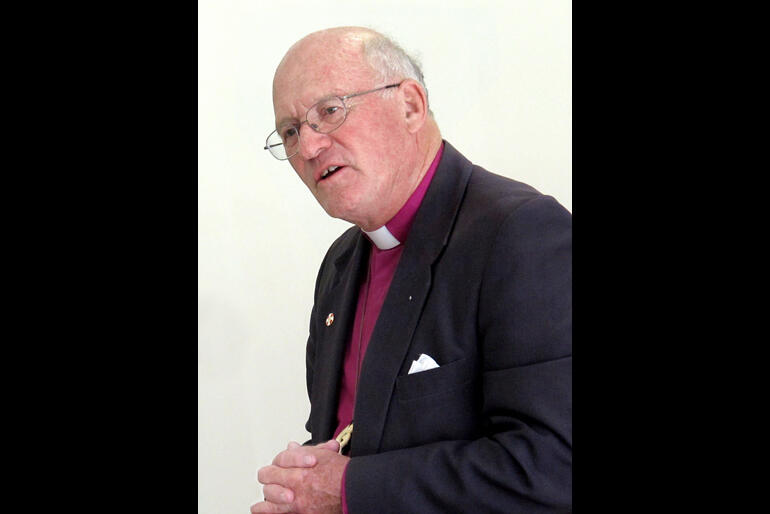
Bishop Bruce Gilberd, who served as Bishop of Auckland 1985-1994, has died aged 85, leaving his family and the Church with a legacy of a life well lived, marked by love and care, spirited innovation and faithful service.
Opening his eulogy, Bishop Bruce’s son Paul Gilberd spoke first to his mother, acknowledging the lifetime of service that his parents Bruce and Pat Gilberd had shared together,
“Mum, you and Dad devoted yourselves and your lives to the service of others. You were an outstanding, inseparable, and sometimes unstoppable team.
You lead by example, to protests and adventures, always engaging, facing outwards, into community, fighting for justice: social justice, environmental justice, and most of all for love.”
Bruce Gilberd was born in 1938 in Whangarei, the fourth child and only son of Dorothy and Carl Gilberd. He first attended King’s school, then King’s College and went on to gain a Bachelor of Science from the University of Auckland, which left him with an enduring interest in geology and the natural world.
Heading next to St John’s Theological College to study for ministry, there he gained his Licentiate in Theology and met his lifelong soulmate, Pat. Bruce Gilberd was deaconed in 1962 and priested in 1963, and that same year he and Pat were married. They would go on to have three children: Steve, Paul and Catherine.
After curacies in Devonport, Panmure, Ponsonby and Grey Lynn, he served as Vicar of Avondale for three years, before heading to England where he worked as a chaplain in the Teeside Industrial Mission and curate at Egglescliffe. Returning to Wellington, for eight years he directed the newly formed Interchurch Trade and Industrial Mission (ITIM), before departing for St John’s College where he became Coordinator of Theological Education by Extension. He continued at St John’s up till 1985 when he was elected Bishop of Auckland.
At the memorial service in Thames on January 19, Archbishop Emeritus David Moxon, and the Salvation Army’s social advocacy lead, Major Campbell Roberts spoke in appreciation of Bishop Bruce’s major contributions to the life of both the Anglican Church, the ecumenical movement for justice and to wider society.
Both tributes highlighted Bishop Bruce’s work to establish Industrial chaplaincy in Aotearoa New Zealand, his work to resource distance theological education and ministerial formation, his keen pastoral gifts, guidance of others in their Christian walk, and his early adoption of the call to honour the Treaty of Waitangi and to care for Creation.
During the 1960s and ‘70s Bruce Gilberd worked on the cutting edge of strategic work to bring pastoral ministry to people in workplaces, supporting the spiritual health of many people outside the churches’ usual orbit. Major Campbell Roberts recalled the energising quality of those early days when Bruce was Director of ITIM,
“I will never forget the thrill and excitement of you shaping a theology and ministry, a mission in a real-life place where crucial decisions were made daily, where people earned a living and spoke a language that previously had not been heard in a church setting.”
“You were an innovator and pioneer, and you saved the ministry of countless of us who had struggled with a church focused on the domestic part of people's lives.”
Major Roberts also shared how Bishop Bruce had enabled him to see the value of regularly tuning in to Jesus and leaning on spiritual disciplines, even when the urgency of the world and its problems crowded in.
“For years, I struggled to understand prayer. Prayer and meditation seemed not worth the effort when there was so much to do to improve this world.”
“Through watching you, working with you and being mentored by you, I learnt that a life of prayer was not only possible, but it was also essential if you were about social justice… what I learnt from you was you could only bring social justice if you lived justly, and prayer was the key.”
Campbell Roberts also remembered Bruce for his loving accompaniment of many people, both lay and ordained as a mentor, guide and trusted confidant.
“Bruce, you had a rare and beautiful gift of inclusion and making people feel valued. So many people in the world desperately need that gift. You gave it out in abundance.”
Archbishop David Moxon also gave thanks for Bishop Bruce’s pastoral good sense in leadership, and his ability to tune out the non-essentials.
“Bruce always went for the heart of the matter when it came to ministry skills, and wanted good group dynamics and basic human dignity, with emotional intelligence, rather than dogmatic rigour.”
He remembered the hard work Bishop Bruce did in the 1980s to establish Theological Education by Extension (TEE), which at that time was a radical new option in ministry formation. Bruce’s work made theological training available to people working or caring for families around the motu, no longer requiring all ordinands to front up for full time residential training in Auckland.
Paul Gilberd completed his father’s eulogy by giving thanks to God for the many years Bruce’s family and friends had shared with him, saying they will recall him particularly as a “loving husband, father and grandfather, a courageous leader, a thinker and writer, a bloody great friend.”
Paul’s last thoughts were of the grace he had seen in his father’s final days, in the chance for him to farewell so many whose journeys he had shared over his 85 years, and the chance to ready himself for his own departure.
“With death as his companion over these last weeks, he has taken a different journey - into a deeper interior state of being, on the edge of the Mystery. He has had Mum at his side throughout, as he has increasingly let go and let be, a gradual self-emptying and ultimately allowing himself to be received into Love.”
“He chose to die as he lived, with clear intent, with purpose.
“He was not afraid to go.
“I am at peace and ready to meet my maker” he said, with purpose to the last.”
Archbishop David finished with a story from 1985, when Bishop-elect Bruce had talked of the late Bishop George Lavingdon, whose memorial he had seen inscribed in stone at Exeter Cathedral.
Archbishop David knew that those words were not what Bruce would have attributed to himself, but on the day those who loved him gathered to remember him, they seemed a perfect fit.
“A constructive, animated and convincing preacher…his presence was endeared to his clergy by an easy access and graceful hospitality, a winning conversation.
Indulgent candour sweetened his government…”
“At length, having eminently discharged the duties of a man, a Christian and a prelate, prepared by habitual meditation, to resign his life without regret, to meet death without terror, he expired, with the praises of God upon his lips.”
Read Paul Gilberd’s eulogy in full here.







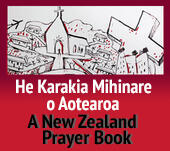
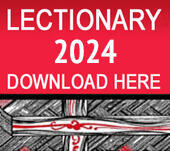


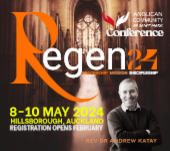
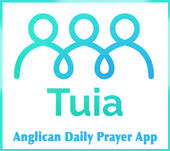

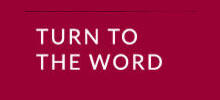


Comments
Log in or create a user account to comment.